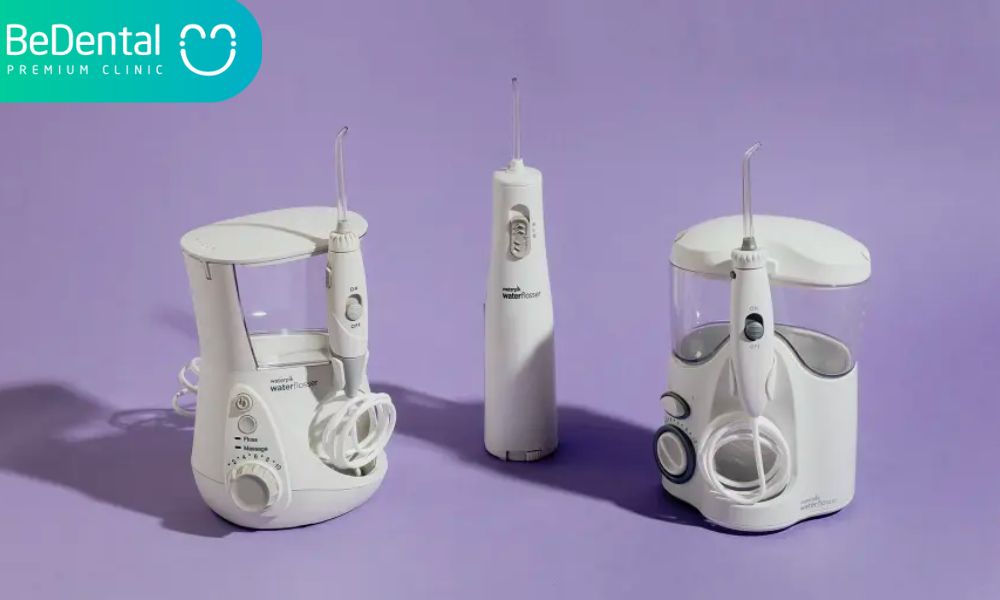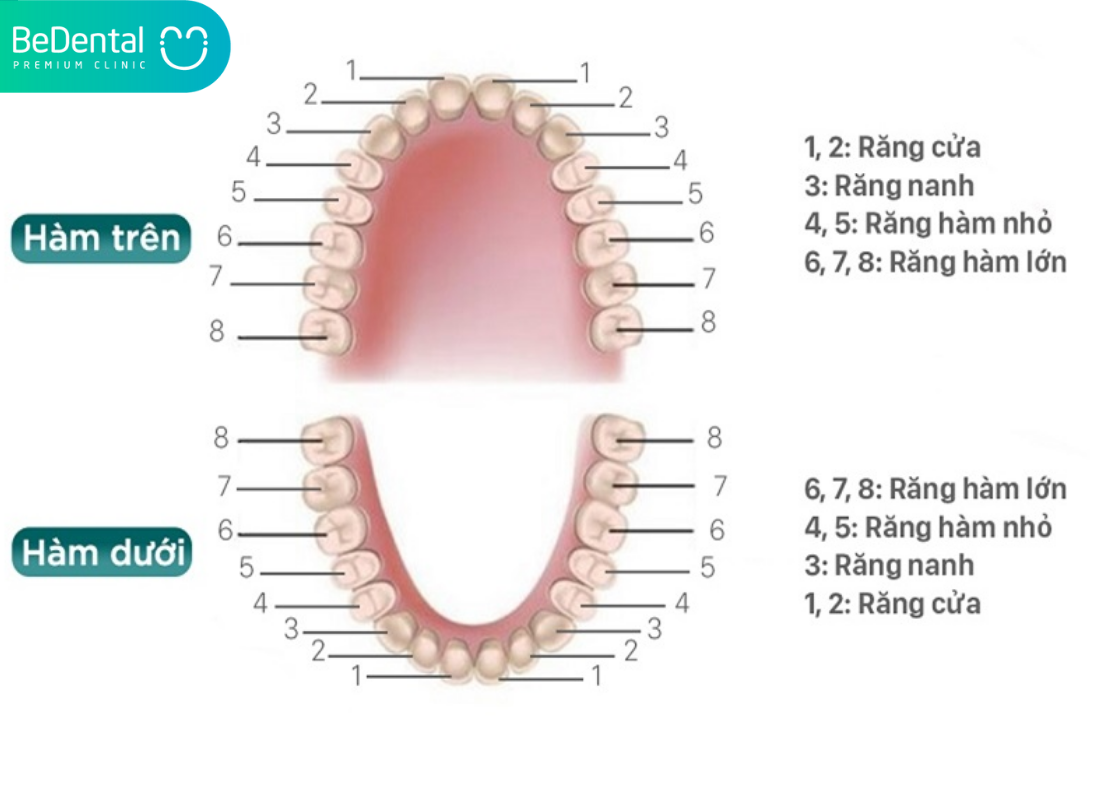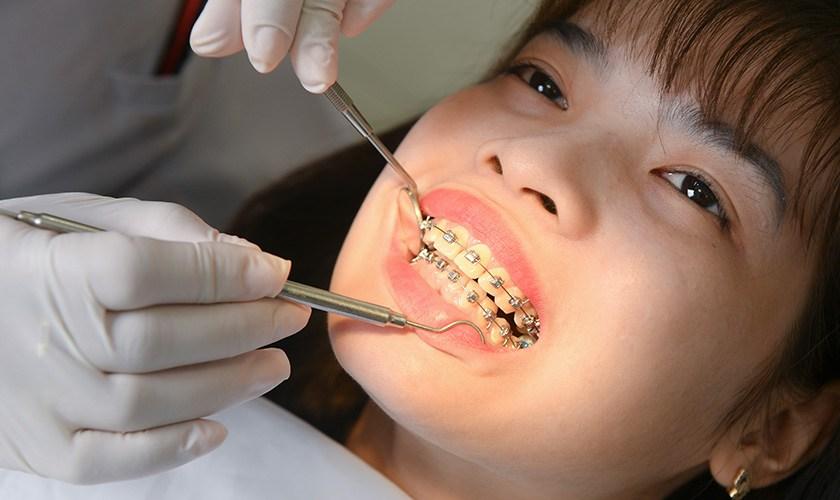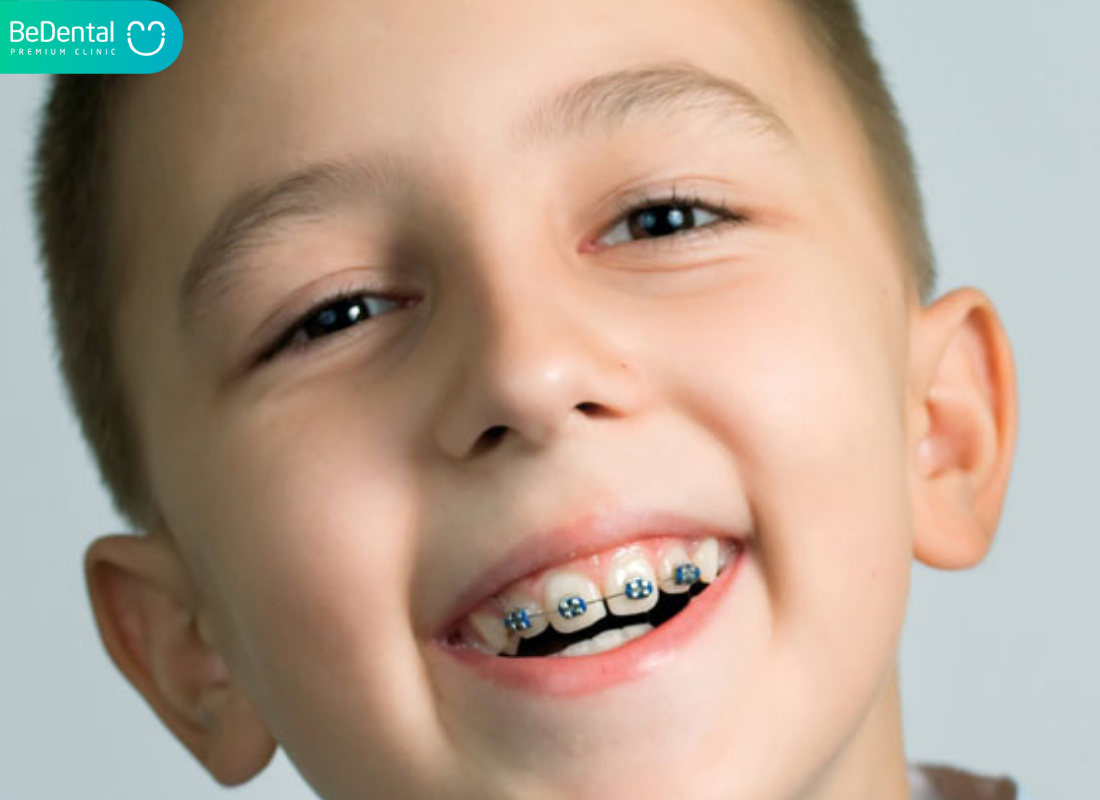Do you need to buy a water flosser? While twice daily tooth brushing is an excellent place to start when it comes to maintaining good oral hygiene, there are some parts of the mouth that brushing could miss. Maintaining your dental health requires regular interdental cleaning, which gets rid of plaque and food bits stuck in between your teeth. Did you know there are more methods besides string flossing for cleaning in between your teeth? Learn why water flossing can be a smart option for you and more about it.
An oral irrigator, commonly referred to as a water flosser, is a portable dental care tool that utilizes a stream of water to flush out germs, plaque, and food particles from in between your teeth and gums. When combined with daily flossing, a water flosser enhances your dental hygiene regimen.
Oral irrigators come in a variety of forms, but they always feature a reservoir to store water, an electric motor to drive the pump, and a unique nozzle. The engine and pump propel a stream of pressurized water from the reservoir through the nozzle and in between teeth to remove plaque, food particles, and germs.
Categorize
Water flossers can be classified as either countertop, cordless or battery-powered, shower flossers, faucet flossers, or those that are operated by a rechargeable battery.
- Countertop – Among the four varieties, it is the heaviest and bulkiest. It is installed on your counter and plugged into a nearby outlet. They also have an irrigation tank that has to be refilled anytime the water runs out.
- Slim, portable, and battery- or cordless-operated devices are the norm. Travelers should choose this model since it offers the most versatility. Yet, they might not be as effective as countertop flossers.
- Shower flosser – This device attaches to your shower head and allows you to floss either before or after you take a shower. Although they don’t require energy, batteries, or refills, they are typically more difficult to manage.
- The most popular kind of water flosser is the faucet flosser; it works similarly to a shower flosser but has a cord that hooks onto the water basins rather than the shower head. The flaw, like shower flosser versions, is mobility.
- Pressure Settings – The majority of the best water flossers include pressure settings that can be changed, making them ideal for people with braces, implants, or sensitive gums. When trying to remove difficult-to-reach food bits, pulsing water settings are extremely useful.
- Size – More mobility is possible with a small, cordless design.
What to Know to Choose Water Flossers
There is no one best water flosser because everyone has different demands for flossing and oral care, but there are certain standard qualities that the majority of people should look for when looking for a water flosser that will be useful.
Reservoir Size
The pressured stream of water entering the reservoir tank comes from the nozzle. The water that fills the tank runs either directly into the nozzle attachment or through a tube that is attached to it (on cordless models).

Having said that, there are several benefits and drawbacks to consider before choosing a big tank:
- Pro: You can use the water flosser for longer each session.
- Pro: You won’t have to refill it daily.
- Con: Larger tanks are usually not cordless.
- Con: It will take up more space on your counter or sink.
Pressure Settings
The pressure level that is most beneficial to you and that you can use comfortably is the ideal pressure setting. It’s advantageous to have a range of choices so you may change the water pressure as necessary. For example, you might only desire low-medium pressure 90% of the time, but having the option to increase the pressure will help you blow away food that has become lodged in the back of your mouth.
Be sure there is a “low” pressure option and that it is genuinely mild enough for you, especially if you have sensitive teeth or gums. You risk developing a sore mouth and other sensitivity symptoms if you use a setting that is too high.
Nozzle Types
Many water flossers have a range of nozzles, including as jet tips, orthodontic tips, tongue cleaners, and others, that might be helpful for various users. The traditional jet tip is the most popular and recommended because it produces a continuous stream of water straight between the teeth to dislodge plaque, but the new specialized tips are very efficient when used correctly.
Alerts and Timers
Some water flossers feature auto timers that let you know how long you’ve been flossing, like the Waterpik. This is a decent benchmark for how long you should floss in a single session because the majority of these items are programmed to alert you after one or two minutes of flossing.
Ergonomics and Overall Footprint
Again, there is no perfect answer, but it is beneficial to spend a little extra money on a simple-to-use water flosser since you will use it more regularly rather than just leaving it on your sink.
Speaking of taking up space on your sink, consider how much space you have before purchasing a water flosser. If you don’t have much space, a cordless or portable option may be better to a corded one with a large reservoir. If you wish to bring your water flosser on a trip, a smaller model would undoubtedly be easier to transport.
Finally, enjoy the sensation of the water flosser in your palm. Some of our testers looked for a device that was easy to hold or had an ergonomic, well-balanced handle, and because placing the nozzle into difficult-to-reach areas of your mouth might be difficult, you need a flosser that slides smoothly as you twist and spin it around.
Water Flosser Benefits

Some of the finest water flossers, such as the Oral-B Water Flosser Advanced Cordless Irrigator, have numerous settings, including one for sensitive gums, which is ideal if you suffer from gum sensitivity. They may also be used to clean crowns, braces, bridges, and dental implants in a delicate yet effective manner.
Another difficulty with flossing on a daily basis is that many individuals struggle to do it correctly. Rather than producing the suggested C-shape with the floss to ensure it contacts all surfaces of the teeth, most people merely insert it between their teeth. Additionally, if flossing is done poorly, it might cause gum tissue injury. Water flossers need less expertise than string flossers and do not necessitate the placement of your hands in your mouth or the disposal of discarded string floss. Many people are more inclined to include flossing into their regular regimen since there is less skill and discomfort involved.
How Effective is Water Flossing?
Water flossers work on the principle of hydrokinetics, or the flow of water. This action successfully eliminates scattered plaque and germs while gently cleaning the gum line, according to a study published in Dental Journal. Although this type of interdental cleaning can help minimize gum bleeding, it may not remove dental plaque as well as regular flossing.
Brushing twice a day and interdental cleaning are part of a proper oral hygiene practice. Water flossing may be an alternative for you if you have problems using standard string floss! You may attain a healthy smile by determining the optimum approach to clean between your teeth with the assistance of your dental hygienist.
Should I Use a Water Flosser?
Water flossing should never be used in place of normal brushing and flossing, but it is an excellent addition to your daily regimen. A water flosser may also be useful in the following circumstances:
Bleeding Gums — There are a few typical causes of gum bleeding. The first problem is gum disease. Gum disease, often known as periodontitis, is a bacterial infection of the gums. If left untreated, it may result in tooth loss. Too much flossing might also cause bleeding gums. Oral irrigators can be an excellent method to clean troublesome areas without the pain associated with string flossing.
You Have Braces — When you wear braces, food tends to become trapped under brackets and below wires. Water flossers are excellent for reaching those difficult regions where food particles hide. If plaque surrounding brackets is not removed, it can lead to a variety of dental issues, including gum disease.
You Have Dry Mouth — Saliva naturally cleans your mouth and inhibits the formation of sticky plaque. Some drugs and hereditary factors, however, might prevent some people from making enough. This may result in gum disease and cavities. A water flosser easily moistens a dry mouth while also removing sticky plaque.
Food Always Gets Stuck in Your Teeth — Some people are more prone than others to getting food lodged in their teeth. It might be because your teeth are crooked or not precisely aligned. Food can also become lodged around dental procedures such as bridges and dental implants. A Water Flosser is an excellent tool for cleaning problem areas in persons who are more prone to getting food trapped in their teeth due to genetics, bridges, or implants. To maintain your finest clean, maintain a complete oral care program that includes:
- Brushing at least 2X daily: To eliminate even more plaque, use an electric toothbrush. Every day, the Oral-B iO Series eliminates up to 100% more plaque than a standard manual while providing a professional clean sensation.
- Flossing at least 1X a day: Use string floss at least once a day and supplement it with a Water Flosser for a more complete clean.
- Visit your dental professional 2X a year: Be sure to see your dentist or dental hygienist every 6 months for professional cleanings and checkups.
More
Tooth decay and 11 risk factors
Bad Breath and 6 Common Questions
Wisdom Teeth and 4 Typical Symptoms
Teeth cleaning and 3 main concerns







Pingback: Dental issues during pregnancy: 5 problems pregnant women can face – Be Dental
Pingback: 10 Common Dental Services – Be Dental